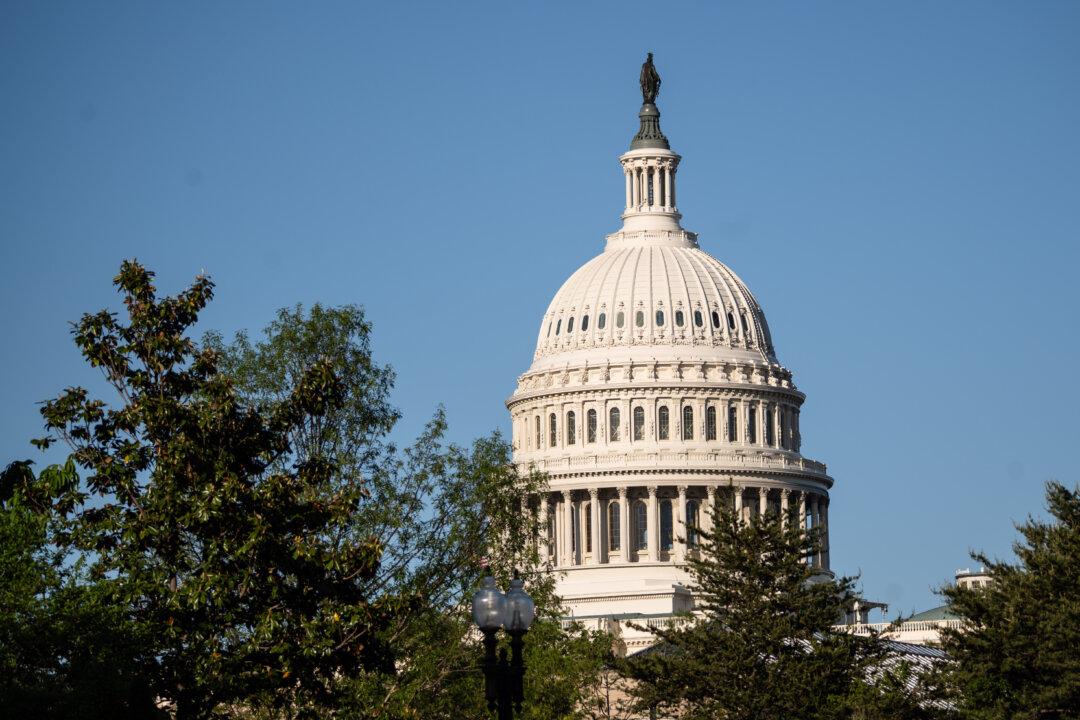House Republicans have yet to reach an agreement on Medicaid spending, with a possible committee vote on the matter less than a week away.
Medicaid has emerged as a central issue in the budget reconciliation bill that will fund President Donald Trump’s agenda. Members disagree on how aggressively to trim the $900 billion program, the cost of which has nearly doubled over the last decade.





